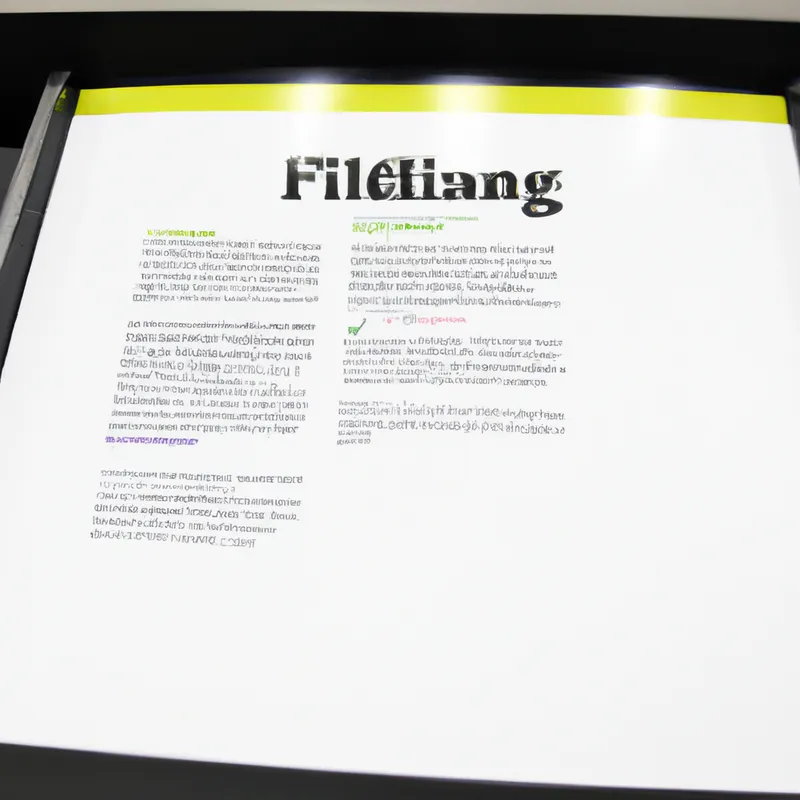Demystify Legal Mandates for Inclusive Fitness Spaces
Understanding the Legal Requirements for Accessible Fitness Facilities
Creating an accessible fitness facility meets legal requirements outlined by the Americans with Disabilities Act (ADA). This blog post details these requirements and offers practical tips for creating an inclusive environment.
The Importance of Accessibility
Fitness facilities should welcome everyone and promote health for all. Accessibility involves more than ramps; it creates comfort and empowerment for all individuals pursuing fitness goals.
Many individuals with disabilities seek fitness activities, but barriers often hinder their participation. Facility managers can benefit the community by understanding legal requirements. An inclusive environment meets legal obligations and fosters equity.
Key Legal Requirements
Fitness facilities must understand the ADA, which outlines specific accessibility requirements. Focus on these key areas:
1. Accessible Entrances and Exits
Every fitness facility must feature accessible entrances and exits. Install ramps and automatic doors for individuals with mobility challenges. Clearly mark entrances with signage indicating accessibility features. Ensure pathways leading to the entrance remain obstacle-free.
2. Accessible Equipment
Fitness equipment must accommodate all users. Provide adjustable features to ensure comfort for individuals with varying abilities. Include diverse equipment for upper and lower body workouts. Consider specialized equipment for disabilities, like adapted bikes or wheelchair-accessible machines.
3. Accessible Restrooms and Showers
Restrooms and showers must offer accessibility and necessary features. Include grab bars, ample maneuverability space, and accessible sinks. Ensure locker rooms provide privacy and comfort for all users. Consider adding family restrooms or private changing areas for inclusivity.
Tips for Compliance
Fitness facilities should follow these practical tips to meet legal requirements:
Assess Current Accessibility
Evaluate your facility’s current accessibility by conducting a thorough walkthrough. Identify potential barriers and gather input from staff and disabled individuals. This evaluation helps prioritize necessary improvements effectively.
Train Staff on Accessibility
Train staff to foster an inclusive environment. Ensure they understand accessibility’s importance and how to assist individuals with disabilities. Training programs should cover disability awareness, effective communication, and emergency procedures. This education promotes respect and support.
Conclusion
In summary, fitness facilities must comply with ADA requirements to create accessible, inclusive spaces for everyone.
Below are related products based on this post:
FAQ
What are the key legal requirements for making a fitness facility accessible?
Fitness facilities must comply with the Americans with Disabilities Act (ADA), which includes ensuring accessible entrances and exits, providing accessible equipment, and offering accessible restrooms and showers. Each of these areas must be designed to accommodate individuals with varying abilities to create an inclusive environment.
How can fitness facilities assess their current accessibility?
Facilities can evaluate their accessibility by conducting a thorough walkthrough to identify potential barriers. Gathering input from staff and individuals with disabilities can provide valuable insights, helping prioritize necessary improvements effectively.
Why is staff training important for accessibility in fitness facilities?
Training staff is crucial to foster an inclusive environment. It ensures that employees understand the importance of accessibility and how to assist individuals with disabilities. Programs should cover topics like disability awareness, effective communication, and emergency procedures, promoting respect and support for all users.















Post Comment